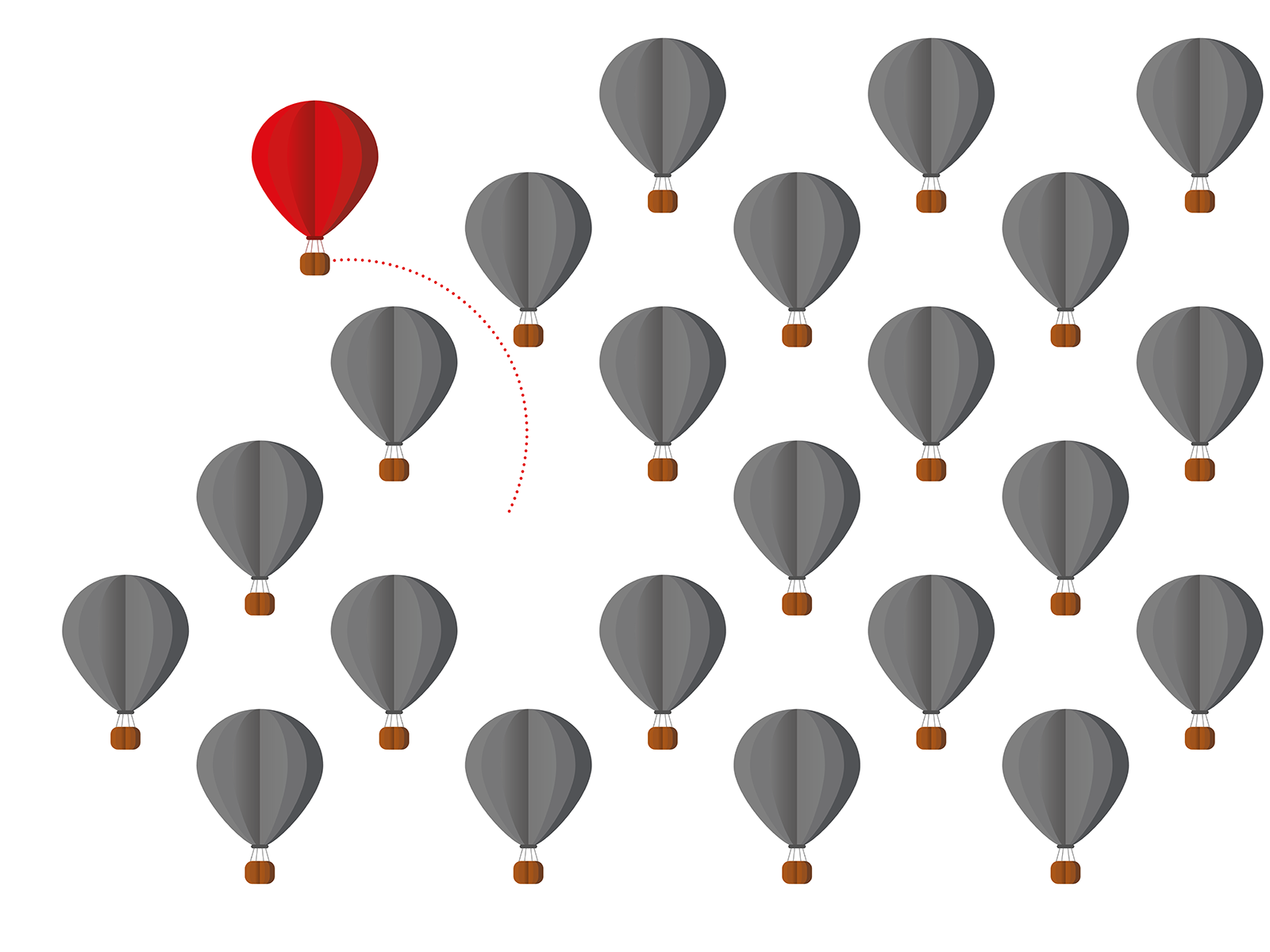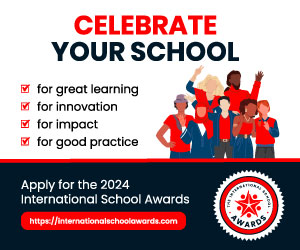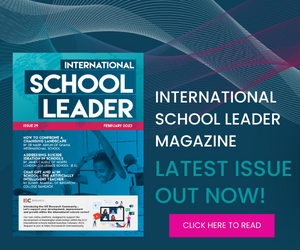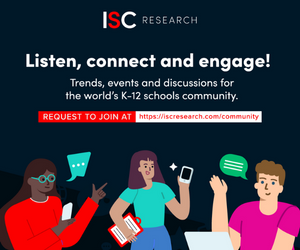By Justin Park
SALT is a school community that aims to play an integral role in bringing people together to help communicate, build relationships and understand each other. Our goal is to provide an all-inclusive approach towards learning that is not limited to what is merely taught in textbooks, but rather by experiencing first-hand the collaboration and the cooperation of various entities. Thus, a main focus is placed on the students to be exposed, to experience and to understand the varying standards, expectations and thought processes of differing communities – all through partnership.
Love Rwanda – a student-led community initiative
Our Love Rwanda initiative involves the operation of a non-profit, in-school market, all fully run by the students themselves. 100% of the proceeds contribute to support the health and education of people in Rwanda.
The initiative first began locally in Korea. SALT students raised funds to design and produce masks during the initial stages of the COVID-19 pandemic when the masks were very much in need and in demand. The students targeted the senior resident communities who lived alone without families, some of whom had difficulties affording the masks. This action was soon modified and extended to international communities in developing nations that lacked the supplies, such as the African nations of Kenya and Rwanda.
As face masks became more common, a more authentic need was emphasised along with the desire to come up with a more sustainable offering and solution. Thus, an idea was put into motion to help by contributing towards two essential components in growth and development: health and education.
As a result, money is now being raised by the students’ market for some Rwandan youths to receive scholarships that cover all their costs to attend their local school long-term, allowing them to receive their full education and prepare them for a more sustainable future. In addition, money is also raised, which is enabling the entire village of Karembure, Kigali in Rwanda to receive health insurance packages to support their safety.
By consistent interaction between the youths of the Rwanda community and the students at SALT, a relationship is being built. Natural exchanges of differing backgrounds, cultural variations and even a set of beliefs and values that extend to an international dimension are being formed and understood.
“Our goal is to bring people of differing communities together to build relationships and support each other.”
Developing community-led service learning
The Love Rwanda initiative was, at first, a donation project to help the people of Rwanda by sending basic necessities, such as masks, medicine and monetary aid. However, it was soon learned (and felt) that one-off, one-time help only provided temporary relief in aid and support. Through the collaboration with a missionary on the field at Karembure, a plan was made to create a partnership between the two communities where people could become part of the change needed in our world today.
The Love Rwanda team at SALT needed motivation, a goal and a purpose. Not only that, they needed to be exposed and be involved in learning first-hand the real-life experiences. But before anything, the team realised they needed funding and a steady source of income to be able to aid anyone. Hence, a plan to operate a non-profit in-school market was made.
The students were the operators and the customers of the market. They knew what they wanted, they knew what was trending and they knew how much they were willing to spend. They were able to set a monthly budget, create projection plans and enter into an agreement to provide steady monthly support to Rwanda.
The school processed the plan and the missionary agreed to the terms of providing health insurance and tuition scholarships. This provided opportunity for youths in Rwanda to look forward to a future career and become part of impacting the life that they will inevitably be a part of. SALT students have also come to realise what it means to be a part of a community beyond themselves. Being directly involved in the Love Rwanda initiative allowed the students to work and learn while being personally involved in the lives of those in another community.
Community impact
The people of Kigali are receiving the impact of the support, but not just as one-off aid. Constant communication is being made, letters are being sent, education is shared and even computer labs are being built at the school in Rwanda which, amongst other benefits, will further the engagement between the students of our two different communities.
The act of giving, after having worked so hard is an unfathomable experience that teaches SALT students appreciation for others and their different needs, and the love behind humanity. This is in addition to the technical skills that the students are learning, including communication (sales and operation of the market), math (the finances and budgeting) and the management (planning and operation). In essence, the students are learning first-hand about life and all its spectacles.
Action and progress
There are three operative teams of students in the Love Rwanda initiative:
- The operation team maintains the market, sets the promotions, engages in sales and manages the market hours
- The marketing team creates content, gathers data, advertises and promotes the market
- The accounting team keeps track of the books, calculates the cash flow, sets available funds and maintains the operation
The leaders of each team recruit, train and involve the members to operate the initiative. But all the members are exposed to all other areas of operation.
Through constant feedback from customers, there are always developmental sessions and improvement plans to be made.
In addition, the communication and relationship between SALT students and the Kigali village is consistent – sending and receiving general news, and sharing the impact in the lives of both communities. Based on this two-way communication, a plan for the future is to begin setting up online English lessons for the students in Kigali so that a deeper relationship could be made based on meaningful contributions.
Our goal, with the Kigali community, is to bring people of differing communities together to build relationships and support each other by keeping each other accountable. The focus is not on the tangible success and achievements, though important and necessary, but rather forming partnerships for a long-term and global impact.
Communities are formed and partnerships are established– but all at the cost of the people, not the individual.

Justin Park is Head of School at SALT International School, South Korea. Connect with him directly on [email protected]




